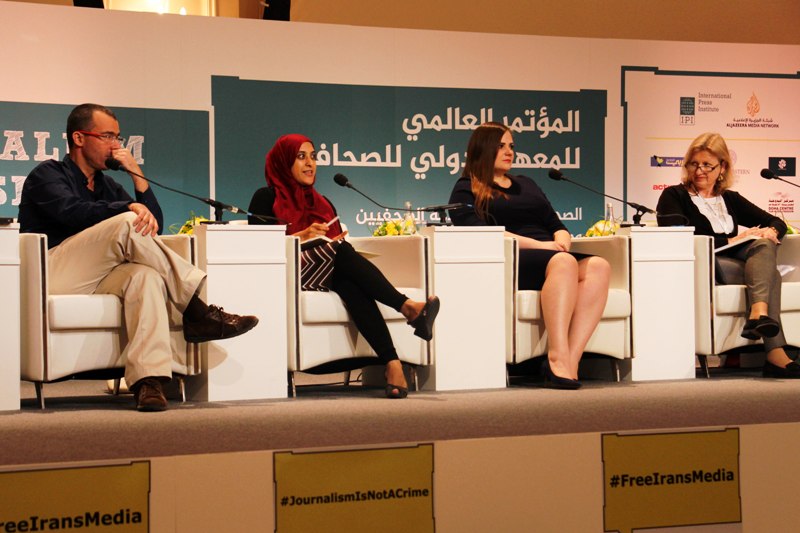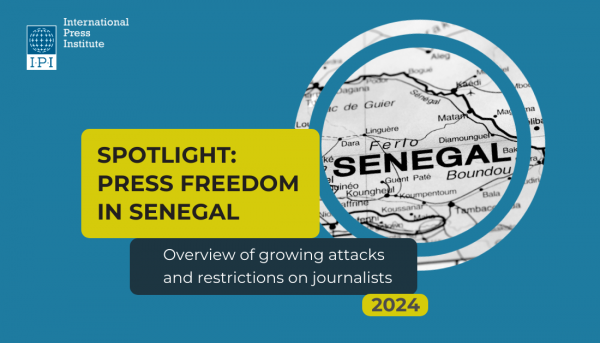Most sports fans consider their personal identities to be intricately connected to that of their favourite teams, Jamil Chade, correspondent at Brazil’s O Estado de S. Paulo, said during Monday’s panel “Covering FIFA and Big International Sporting Events”.
However, he noted, it is this very deep connection that is often exploited by sports organisations and federations to enhance their economic situations, Chade, correspondent at O Estado de S. Paulo, a Brazilian newspaper, said.
Deborah Unger, manager at Transparency International in the United Kingdom noted that sports have gone from the back page of the newspaper to the front page since the FIFA corruption scandal was exposed in May 2015.
Because of this shift, she said, broadening the definition of sports journalism from merely reporting game scores to investigating the negative economic and political impact on citizens has become a necessity.
Chade said that the immense impact that major sporting events have on the economy of host countries makes it essential to address the business aspect of sports to understand their effect on the citizens of the country.
Unger agreed, adding that although FIFA and other sports federations are considered independent of government control, the impact of their events on the host countries’ and on those countries’ citizens’ economic situations made it essential for those organisations to be held accountable.
Miranda Patrucic, regional editor at the Organized Crime and Corruption Reporting Project in Bosnia and Herzegovina, pointed out that “corruption is everywhere — in every part of the society and the same goes for sports”. She added: “What is different in sports is that the level of transparency is very low.”
Patrucic argued that the European Games held in Azerbaijan in 2015 led to a deficiency in medical services and unpaid salaries because the government ran out of money.
In that vein, Chade said that it is essential for journalists to explore how the money from ticket prices, merchandise and fans’ travelling expenses are used by sports organisations.
“Yes, we want football, but we’re not ready to pay the price it takes,” he commented.
Although it is ideal to investigate corruption in sports, he noted, journalists are not always able to do so. Journalists sometimes have to make a trade-off between having exclusive interviews with star players and asking questions about an organisation’s finances.
He advised that journalists should think beyond these temptations and aim to produce content about issues that directly affect people, like those of the economic or political costs of sports.



